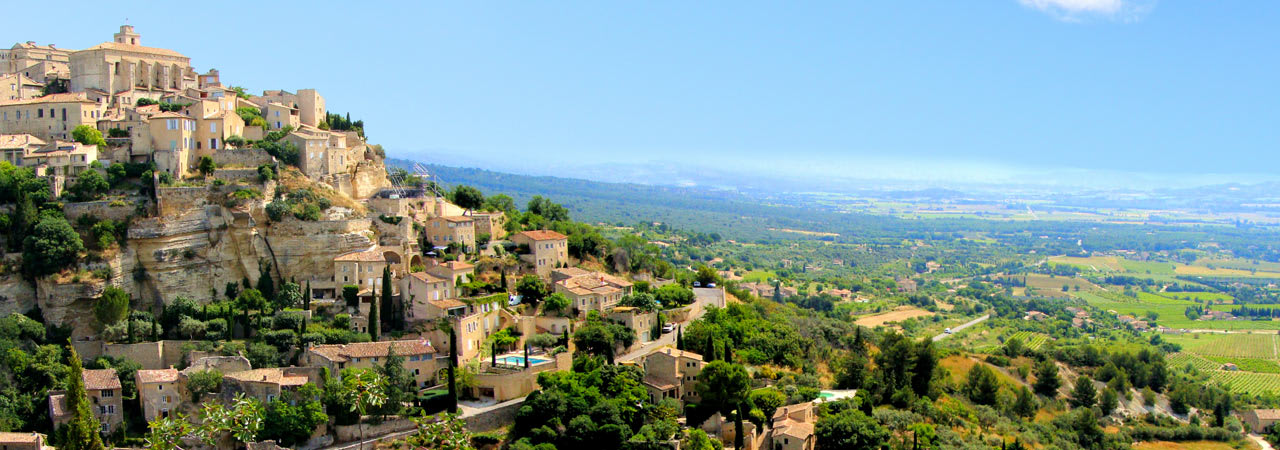
Provence Property
Exclusive 3 bedroom Manor House for sale with countryside view in Aix en Provence, Cote d'Azur French Riviera
Absolutely exceptional 3 bedroom luxury Provencal bastide set in lush mature gardens with pool, located near all amenities in Aix en Provence. Surrounded by a veritable postcard of olive groves, v......
Renovated 7 bedroom Villa for sale in Aix en Provence, Cote d'Azur French Riviera
Beautifully renovated 7 bedroom luxury villa nestling in glorious landscaped gardens with expansive pool, while enjoying wonderful countryside views from its peaceful location in Aix en Provence. ......
Perfect 4 bedroom Villa for sale with countryside view in Puyricard, Aix en Provence, Cote d'Azur French Riviera
PRICE REDUCED - Perfectly Located in a beautiful Provence countryside setting, just a few minutes' drive north from the heart of Aix-en-Provence, close to the village of Puyricard and historic P......
23 bedroom Hotel for sale with countryside view in Le Thoronet, Cote d'Azur French Riviera
This charming 3 star hotel is set on the outskirts of a delightful village, in a bucolic area surrounded by olive trees, vineyards and beautiful pine forests. The stylish hotel was completely reno......
- 6 bedroom House for sale with panoramic view in Lambesc, Cote d'Azur French Riviera
A modern house with fabulous green credentials and a generous 320m2 of living space with great views and swimming pool. The main house comes with 260m2 of living space with 4 bedrooms including......
- 3 bedroom Apartment for sale with panoramic view in Aix en Provence, Cote d'Azur French Riviera
Quality T5 apartment with 136m2 of living space in a quiet location in the centre of Aix en Provence. Covering the entire 4th and top floor, with a private lift, the apartment comes with panoram......
5 bedroom Villa for sale in La Roquebrussanne, Cote d'Azur French Riviera
Lovely villa in a countryside setting , 45 minutes from Toulon in the Var hinterland. This 7 room property comes with 190m2 of living space and is found in a plot of 3440m2 with privacy and a h......
- 2 bedroom Apartment for sale in Aix en Provence, Cote d'Azur French Riviera
A two bedroom apartment in Aix en Provence with great views of Sainte Victoire, just 2 minutes from the centre in a quiet and exclusive area. Opportunity to purchase an off plan. This two bedro......

Over 20 Years experience in
global luxury real estate
Large network of
professional multilingual offices
No fees
We are paid by our agents
to introduce buyers

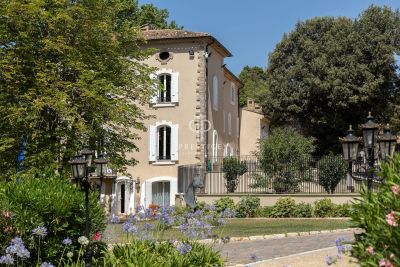
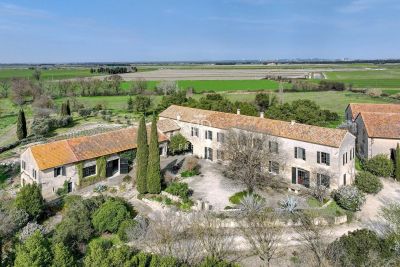
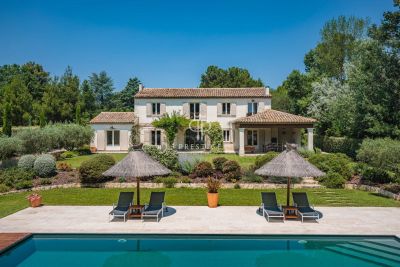
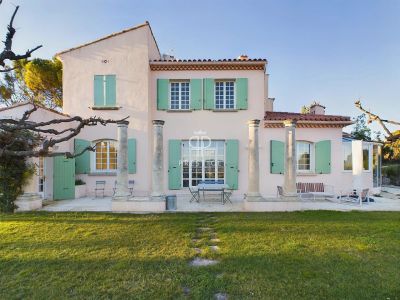
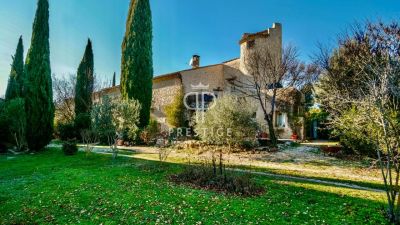
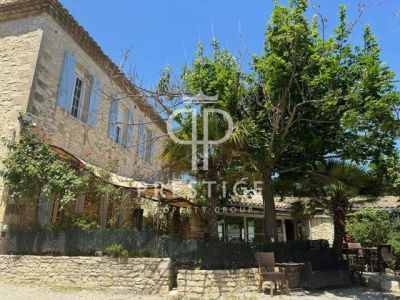
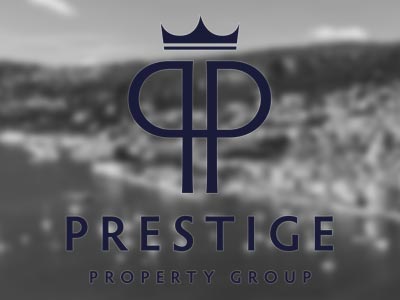
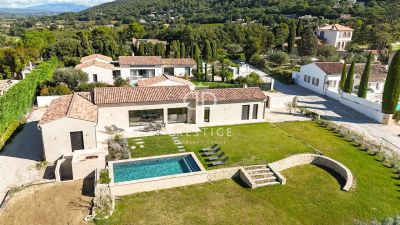
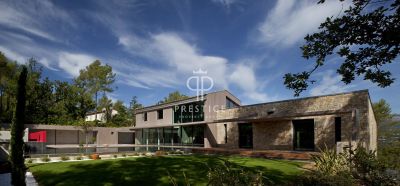
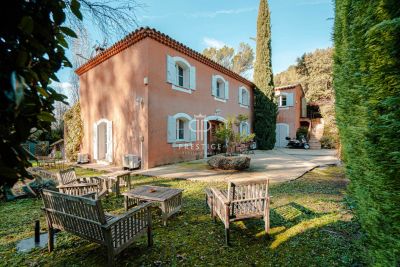
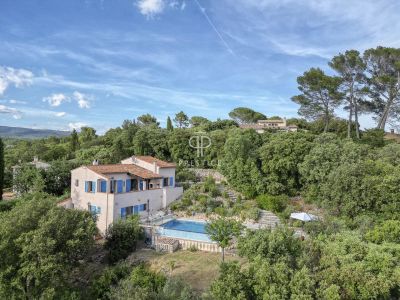
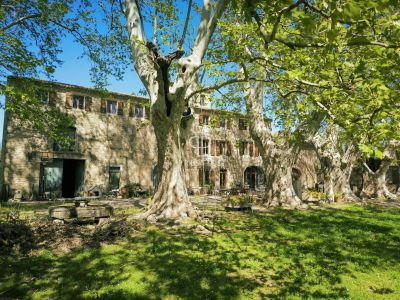

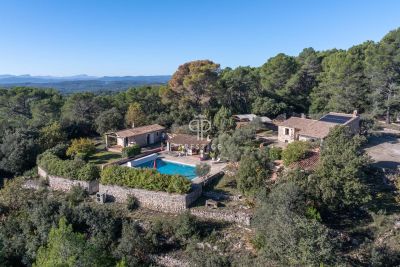
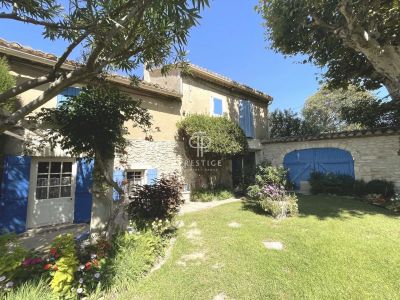
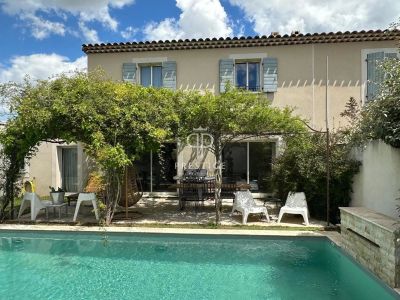
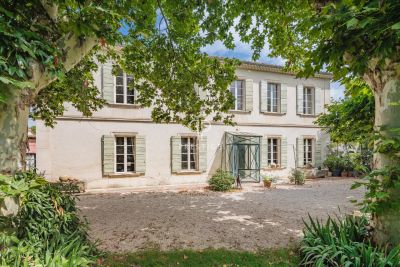
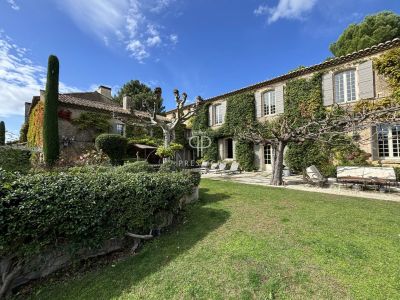
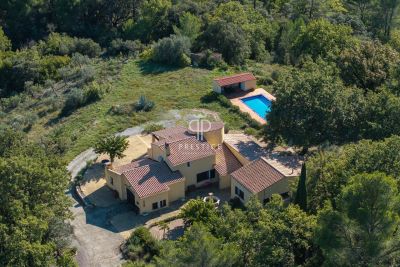



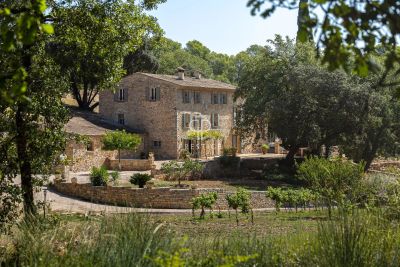



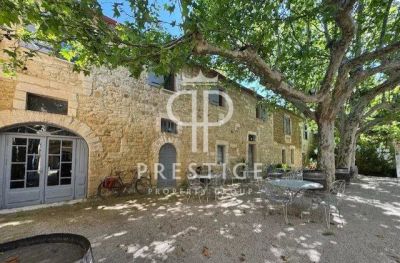



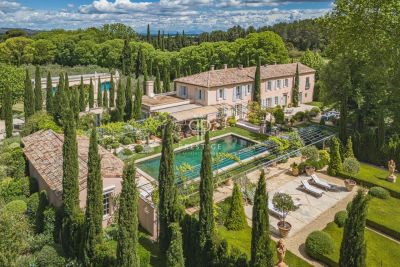
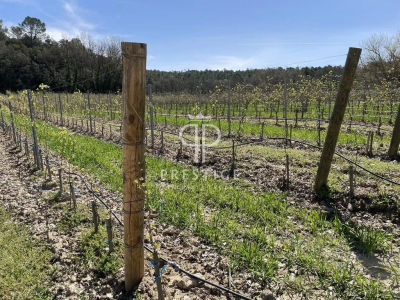
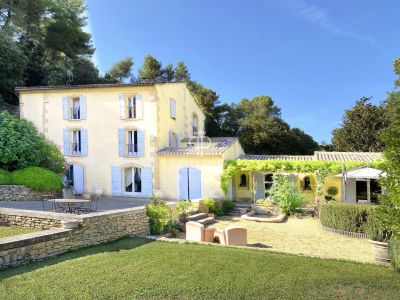



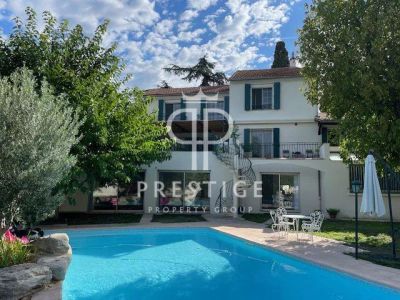
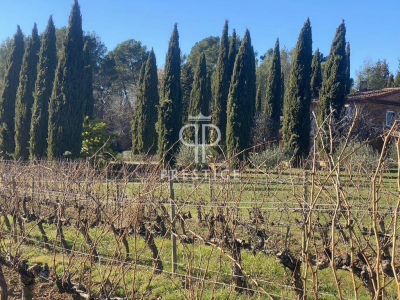

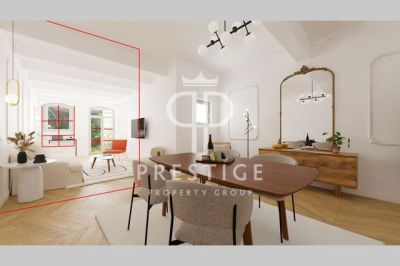



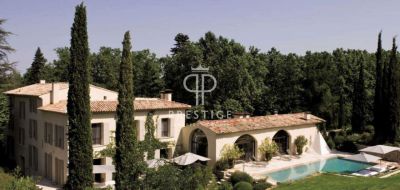


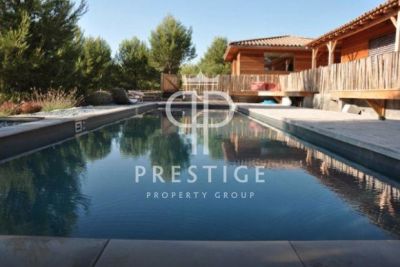


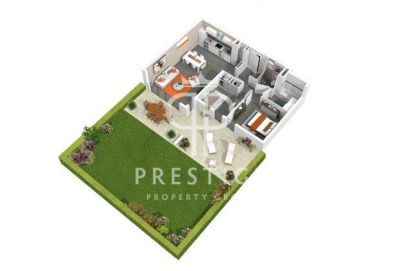

 Facebook
Facebook Twitter
Twitter Instagram
Instagram